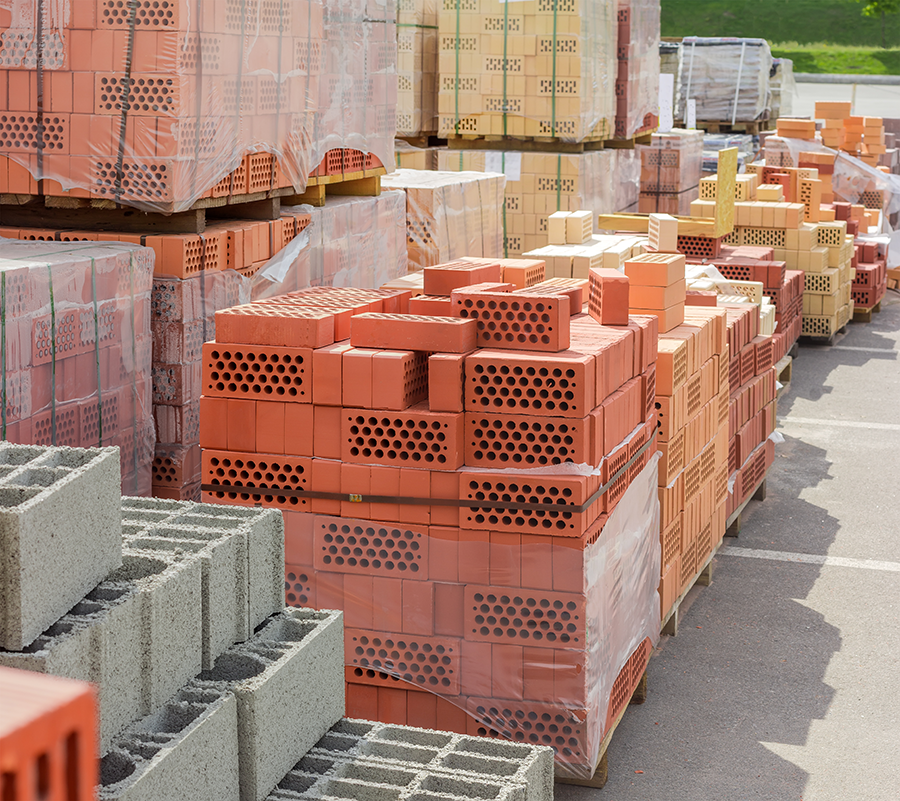When constructing a warehouse, choosing the correct type of brick is more than a design choice—it’s a decision that directly affects the building’s strength, safety, and long-term performance. At Unitech SA, we understand that warehouses face unique pressures: heavy loads, constant machinery movement, and harsh environmental conditions. The materials used must rise to the challenge without compromising structural integrity.

Strength and Load-Bearing Capacity
Warehouses are designed to store large volumes of goods. This means walls must support substantial weight without buckling or weakening. High-quality engineering bricks are often the preferred choice because of their superior strength, making them ideal for these demanding industrial structures.
Resistance to Moisture and Weather
Environmental exposure is a constant concern. In areas prone to rain, humidity, or extreme temperature fluctuations, bricks with low water absorption and high frost resistance are essential. They help prevent mold growth, structural damage, and deterioration—keeping your warehouse secure and functional for years.
Fire Resistance in Industrial Settings
Safety in warehouses is non-negotiable. Using the right brick can significantly slow the spread of fire, giving occupants critical time to evacuate and reducing damage to stored goods. This fire resistance is one of the most important reasons to invest in quality materials from the start.
Long-Term Value and Efficiency
Although lower-cost bricks may seem attractive upfront, they often result in higher maintenance costs and early replacement. By contrast, the correct brick ensures fewer repairs, lower maintenance, and better cost efficiency over the warehouse’s lifespan.

Let us explain the Cost Differences Between Clay and Cement Maxi Bricks
Which is more affordable—clay or cement maxi bricks?
Cement maxi bricks are generally cheaper upfront compared to clay bricks. They are often chosen when budget is the main concern and where structural demands are lighter.
Why are clay bricks more expensive?
Clay bricks typically cost more because of their durability, strength, and resistance to weathering. While the initial investment is higher, clay bricks often last longer and require less maintenance, making them more cost-effective in the long run.
So which one should I choose for a warehouse?
For large, load-bearing structures like warehouses, clay bricks typically offer the best long-term value due to their superior durability and performance. Cement maxi bricks may be suitable for smaller, non-structural areas or partition walls, but clay is often the smarter choice for the main structure.

Our Professional Services Include:

Office: 010 023 0507
Business Whatsapp: 079 526 1950
Email: admin@unitechsa.co.za
Norman Koster – 066 239 0382
Desiree Koster – 082 608 2291






